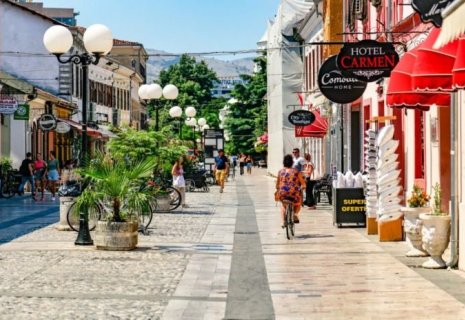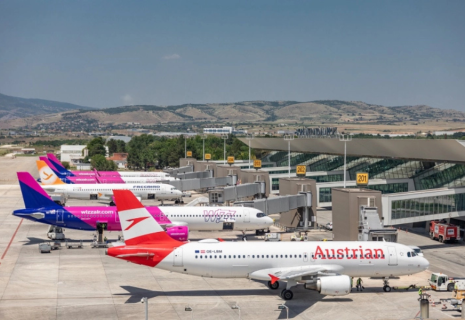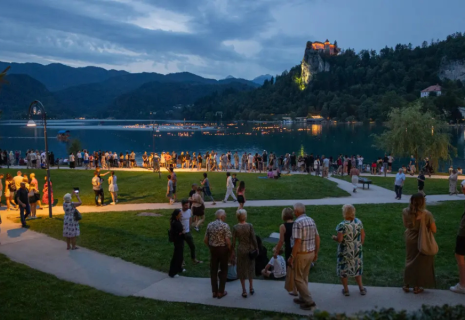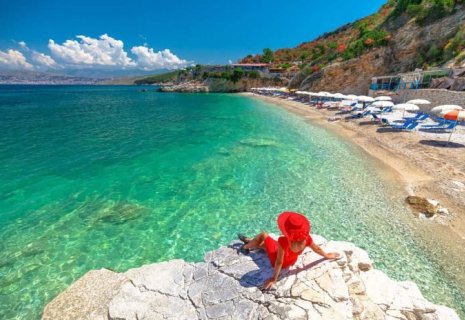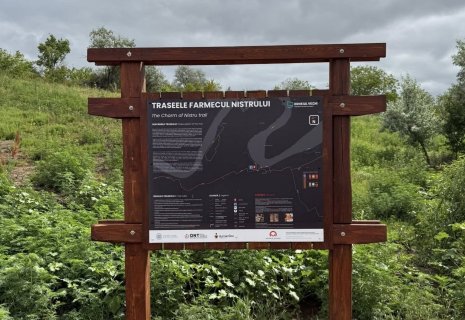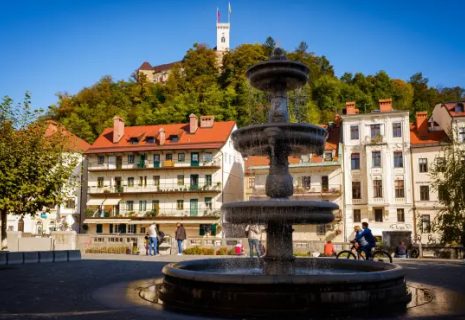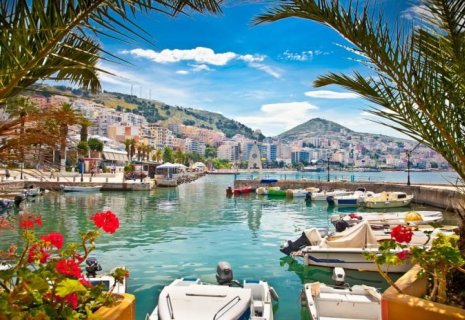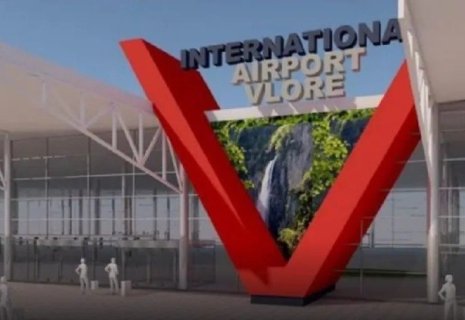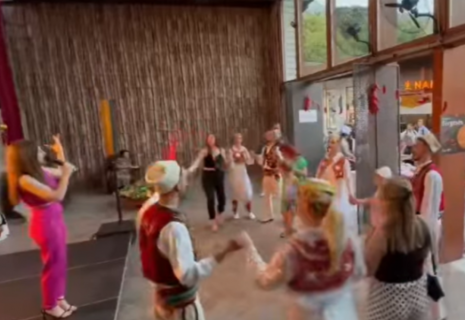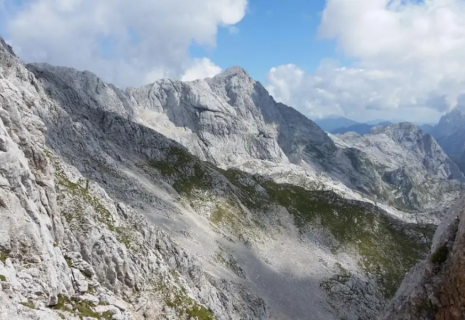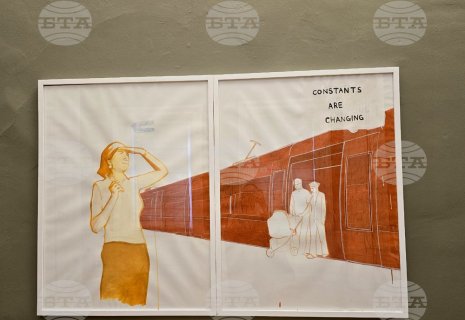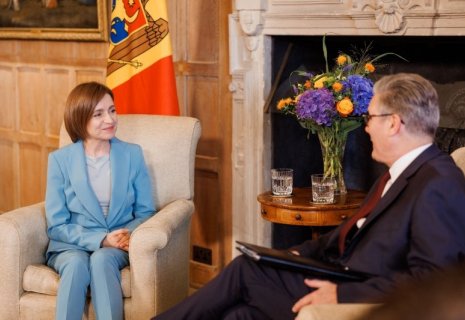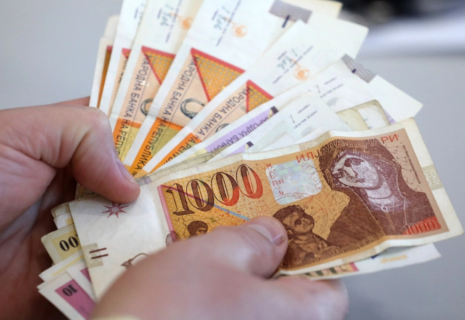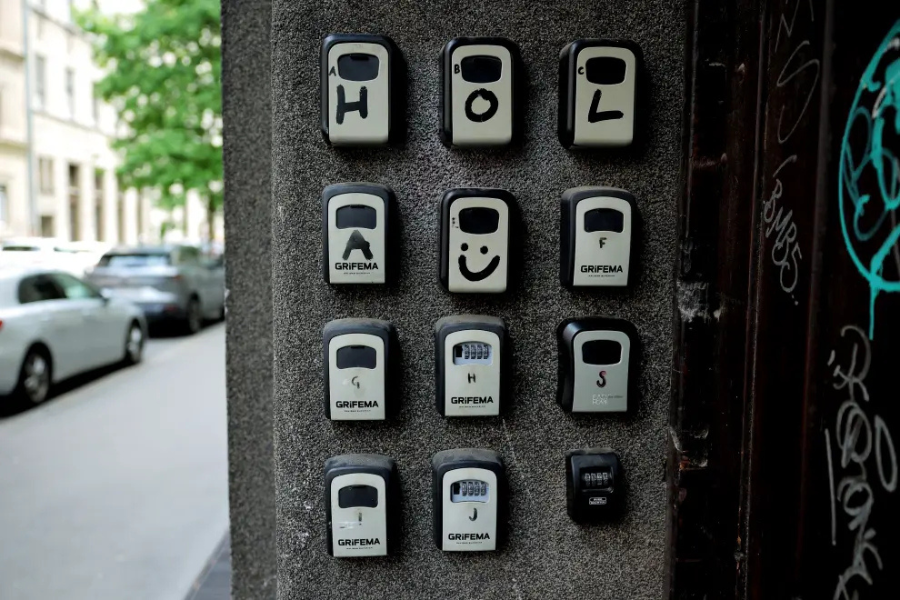
Slovenia targets overtourism with strict Airbnb regulations
Slovenia has passed legislation curbing short-term apartment rentals on platforms such as Booking and Airbnb, after the originally proposed restrictions were watered down amidst complaints that excessive curbs would encroach on property owners' constitutional rights.
Under the amendments confirmed in a 50:35 vote on 18 July, municipalities facing a housing crisis will be able to limit short-term rentals to 60 days per year, with the flexibility to adjust this restriction to between 30 and 270 days, CE Report quotes The Slovenia Times.
The government will define the criteria for identifying such municipalities by decree, and the list will be updated every two years. Municipalities not listed will still be allowed to impose a minimum 60-day limit if supported by analysis.
It is widely expected that municipalities which experience heavy overtourism, in particular Piran and Izola on the coast, Bled and Kranjska Gora in the northwest, and the capital Ljubljana, will fall under the new rules.
However, the criteria the government will use have not been determined yet so it is impossible to say at this point how many local communities will impose the restrictions.
The bill also sets general conditions for all short-term rental operators, including registration in a national accommodation database and securing the approval from at least 75% of co-owners in multi-unit buildings as well as neighbours in adjacent units.
The time limitations will come into effect in 2027, while the general conditions - particularly co-owner consent - will apply from 2026.
The law, passed more than a year after it was first proposed, is a part of government efforts to tackle the growing housing crisis and comes just days after parliament passed a legislative package designed to promote the construction of public rental housing.
Government figures show the number of properties for short-term rental rose from 2,569 in 2015 to 12,912 in 2023 - a fivefold increase over eight years.
Politics divided
The bill is one of the key priorities for the centre-left coalition, which provided the yes votes despite the desire by some to impose even stricter limits.
"This bill finally sorts things out after years of chaos," Freedom Movement MP Aleksander Prosen Kralj said.
"Apartments are not a luxury. A roof over one's head is a constitutional right and if we are to provide for that right, we must speak up loud and clear," added Left deputy Milan Jakopovič.
The conservative opposition, while acknowledging that Slovenia is experiencing a housing crisis, argued that amending the Hospitality Industry Act is not the way to do it.
"We need to build student dorms, provide legal certainty for property owners, improve access to mortgages, and introduce tax breaks for youths and families," Democratic Party (SDS) deputy Franc Medic argued.
Property owners unconvinced
Several associations of property owners have lobbied hard against any restrictions, arguing that they should not be scapegoated for using their assets according to the principles of the free market.
They have also claimed that the restrictions undermine their constitutional rights.
After the vote, the Slovenian Association of Private Room Providers said the restrictions were absurd and the time limitations were unconstitutional. The association plans to pursue all possible legal avenues.

